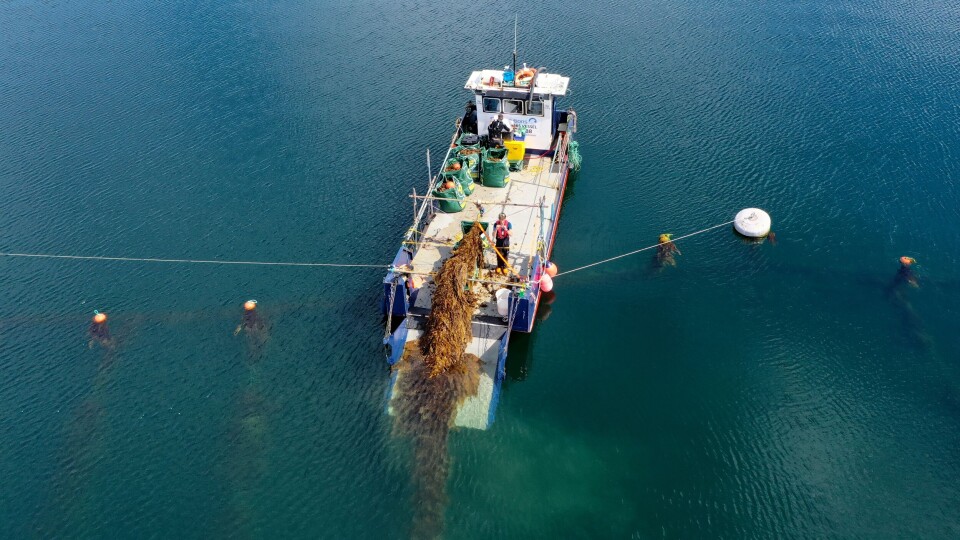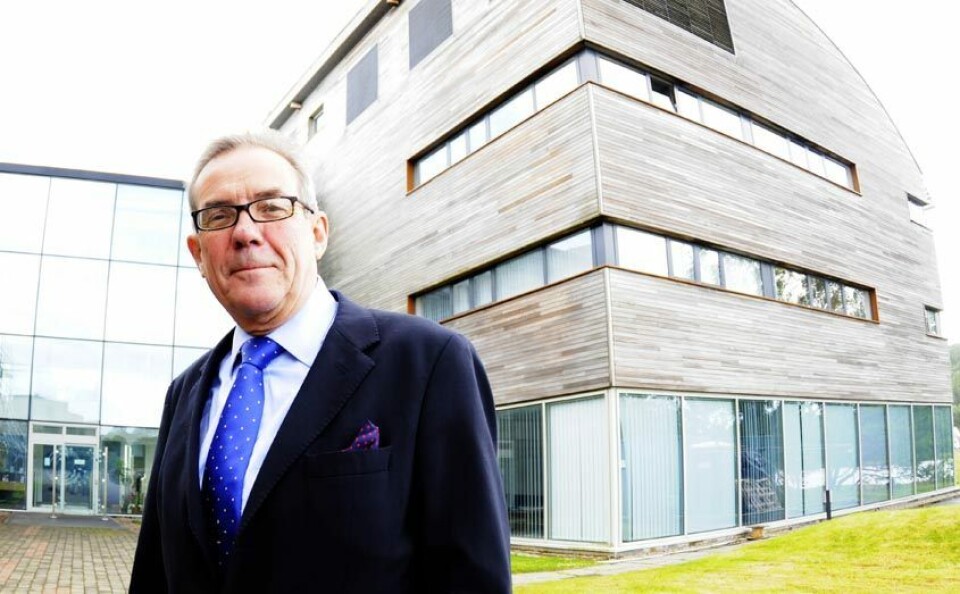
SAMS given £407k to develop Seaweed Academy
The Scottish Association for Marine Science (SAMS) has been granted £407,000 to develop training and business development for the UK’s fledgling seaweed farming industry.
The Seaweed Academy, which will be based at the SAMS campus near Oban, will be the UK’s first dedicated seaweed industry facility, offering advice to start-ups, training workers and sharing the latest research to help businesses develop.
The grant from the UK Government’s Community Renewal Fund is one of 56 projects across Scotland to share an £18 million investment to help people into work and enable the UK to achieve net zero carbon emissions, SAMS said in a press release.
A $15bn industry
Globally, the seaweed farming industry is estimated to be worth around $15 billion per annum. However, most of this activity is in Asia and there is huge growth potential in Europe, with a growing demand for seaweed from gourmet restaurants to livestock feeds.
Already used extensively in food ingredients, agriculture, cosmetics and pharmaceuticals, seaweed farming has a low carbon footprint, using no fresh water and with minimal land-based infrastructure.
In the Faroes, seaweed farmer Ocean Rainforest is supplying fermented kelp to Danish feed producer European Protein, which is using it in a functional feed for pigs that is reported to improve sow milk production, low sow feed consumption and lead to the birth of more uniformly sized and quick-to-suckle piglets. Aquafeed producer Aller Aqua is also trialling a salmon feed additive made with Ocean Rainforest’s fermented kelp and expects a positive effect on gut microflora.

‘The next phase’
SAMS director Professor Nick Owens said: “Using our own seaweed farms and the most up to date research, we have been laying foundations for a thriving UK seaweed farming industry. We are excited to now move into the next phase of training, education, and business development, which will see our ambitions realised.”
The Seaweed Academy will be operated by SAMS, in partnership with SAMS Enterprise and Argyll College, a fellow academic partner within the University of the Highlands and Islands.
It will deliver immediate economic benefit to Argyll and Bute, said SAMS, and also aims to stimulate the growth of UK seaweed aquaculture, exploring high-value markets, and using the latest research to increase the competitiveness of UK products globally.
Carbon sequestration
SAMS will also promote seaweed production as a means of bioremediation, including the resulting carbon sequestration, therefore mitigating the impacts of climate change.
SAMS Professor Michele Stanley, who specialises in seaweed research, said: “Seaweed is already widely used in food, cosmetic, pharmaceutical and agriculture industries and has potential as a biofuel.
“But the benefits of seaweed farming go beyond natural products; it increases and restores biodiversity by providing habitats for marine creatures and can help to mitigate climate change through carbon capture and methane emission reduction.
“There is also a growing commercial demand for higher value seaweed-derived products, such as hydrocolloids and for food ingredients and medical treatment and high-bacto agar used as a laboratory medium for Covid-19 testing.”
SAMS said that to help fully embed the new industry at a community level, its Ocean Explorer Centre (OEC) will develop educational outreach materials to raise awareness of seaweed farming, climate change and the importance of net zero, from primary storytelling to workshops for Higher/A-level students.























































